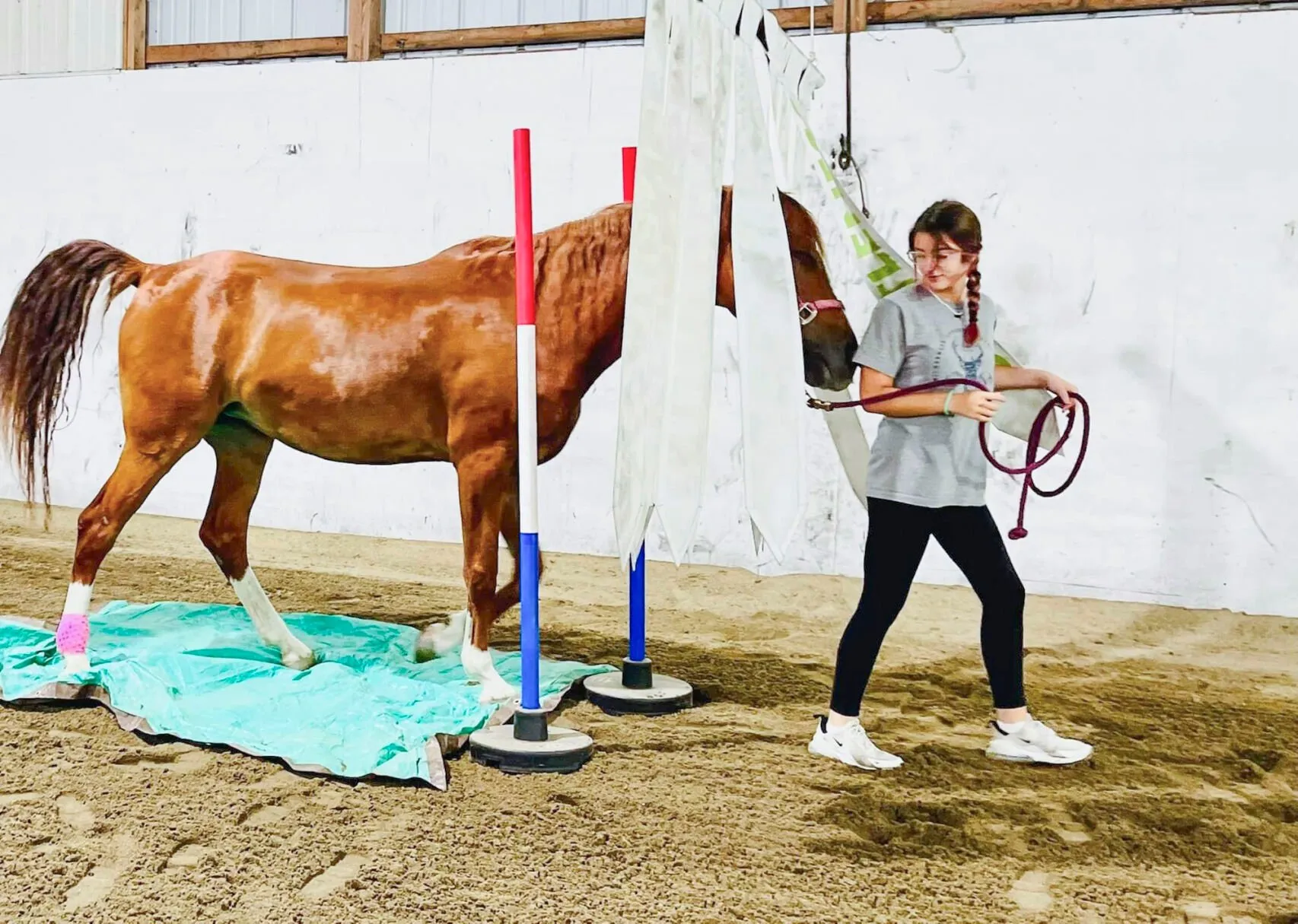Exploring Equine Assisted Learning for Mental Health in Adolescence

Understanding Adolescence and Its Challenges
Adolescence is often accompanied by significant emotional and psychological changes. The interplay between social psychology and culture plays a crucial role during this period. Engaging in programs like equine assisted learning can be instrumental in addressing various social issues that affect mental health.
Equine Assisted Learning: A Psychological Perspective
Equine assisted learning combines concepts from psychology and behavioral sciences to create therapeutic opportunities for teens. By working closely with horses, participants are able to explore their emotions and develop important social skills, which are vital for human development.
- Enhancement of emotional intelligence
- Development of coping mechanisms
- Promotion of positive behavioral changes
The Impact of Equine Therapy
Programs like those developed by Elaine Davis at Unbridled Faith focus on fostering positive mental health outcomes in adolescents. By leveraging the unique bond between humans and horses, participants can cultivate resilience and emotional awareness.
Disclaimer: The information provided on this site is for informational purposes only and is not intended as medical advice. We are not responsible for any actions taken based on the content of this site. Always consult a qualified healthcare provider for medical advice, diagnosis, and treatment. We source our news from reputable sources and provide links to the original articles. We do not endorse or assume responsibility for the accuracy of the information contained in external sources.
This article was prepared using information from open sources in accordance with the principles of Ethical Policy. The editorial team is not responsible for absolute accuracy, as it relies on data from the sources referenced.